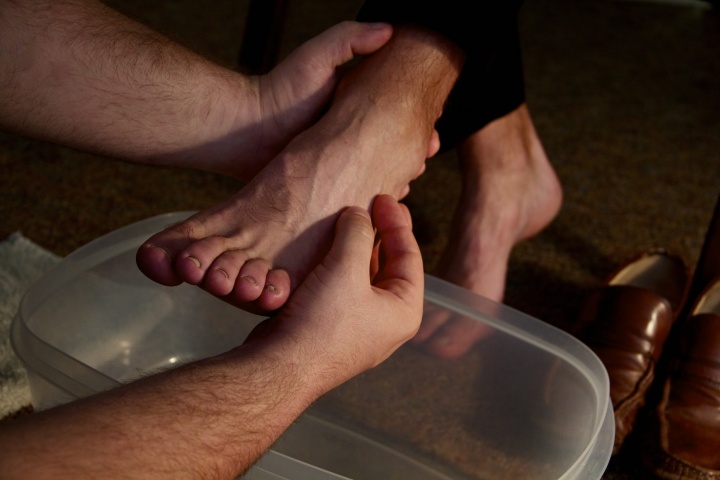7 Tips to Prepare for Passover

The upcoming Passover and Feast of Unleavened Bread are not just unique observances for God’s people, nor are they just reminders of the meaning of certain aspects of God’s plan. The Feasts are all these, but they are designed to do something for the person who observes them with understanding. The observance should move a person forward in the faith and in the mind of Jesus Christ. The person should experience change and growth because he or she uses the observance for what it is intended. Many don’t experience growth, or change or a renewal. Maybe all that is experienced is a day off work. Here are several things you can do so that these first feasts of the year will have the greatest impact in your life.
1. Prepare for the Feasts by anticipating the observance and the meaning of the Feasts.
Messages are given at church to help us understand the depth of meaning in the Passover as we approach it. We should strive to make it personal. That is, not only did Christ die for the sins of humanity, but that He died for you personally. Consider what it took for Jesus Christ to suffer and die for your sins. Consider what the release from the bondage of those sins provided as you anticipate eating Unleavened Bread for seven days.
2. Ask God to give you special understanding about the Passover and Unleavened Bread.
Pray that it will so move you toward a growth and change in your life for the coming year.
3. Determine—make a conscious decision to commit yourself to God’s purpose as revealed in the Passover and the Days of Unleavened Bread.
Have that intention before the Passover comes.
4. The Passover is a time of self-examination and retrospection of one’s life.
We consider that we are made worthy through the great sacrifice of Jesus Christ. As we walk our path toward the Kingdom of God, we should indeed look forward in faith, but also look back and reflect on the turns our new life has taken since we made our decision. Are we still going in the right direction?
5. Be thankful for the great sacrifice that was made for each of us.
Be thankful for a life without guilt, without a past to haunt you. Be thankful that you are free to serve God and fulfill His purpose without any doubts or fear. Prepare by thanking God each day leading up to the Passover and Unleavened Bread that we have been freed from sin, freed from the judgments of others, and freed from self-condemnation.
6. Each day during the Feast, pray and ask God for His thoughts.
What does he want you to know? What does He want you to do? Write down what you are learning during the Feast, and anticipate each day as a learning experience.
7. Use these Feasts as a springboard for your spiritual growth during the coming year.
We don’t know what the year will hold for us. Will we be prepared? Will this just be another year in the Church—same prayers, same sermons, same behavior, same problems, same habits, same attitude?
Make a difference this Feast. Prepare for it!

